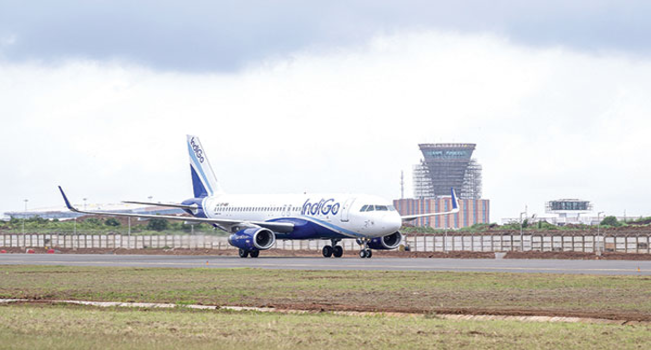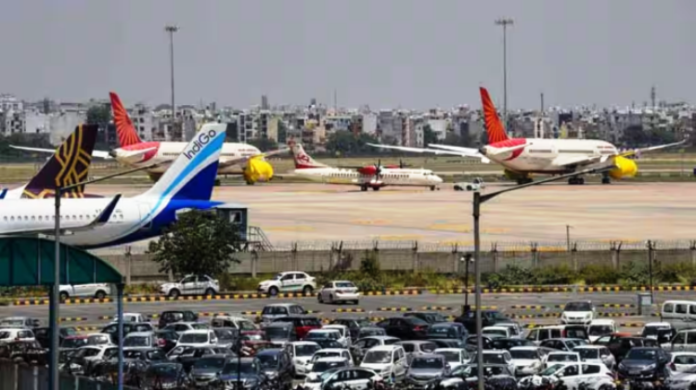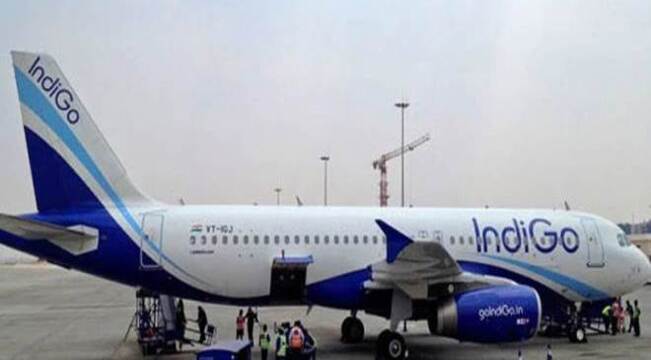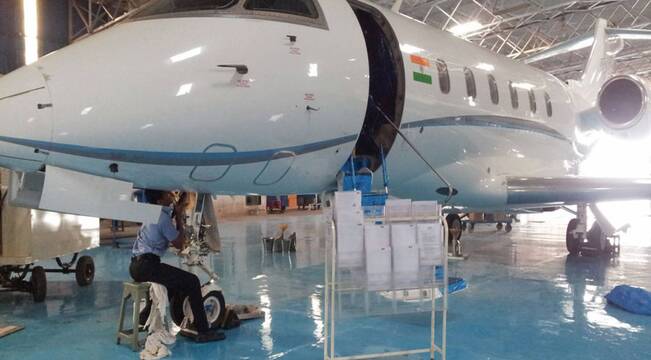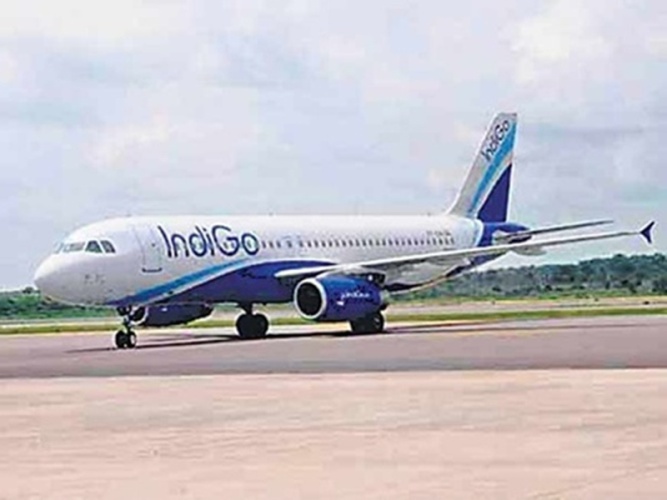Domestic airlines are anticipated to report a decreased net loss of Rs 3,000 to 4,000 crore in the current and next financial years, boosted by robust passenger traffic growth and pricing discipline, according to a report released on Monday (March 11).
Credit rating agency Icra’s report indicated that domestic air passenger traffic for February stood at approximately 127.5 lakh. However, the aviation sector continues to grapple with supply chain challenges and issues associated with Pratt & Whitney (P&W) engines, resulting in the grounding of over 70 planes by IndiGo.
“It is estimated that 24-26 per cent of the total fleet of Indian airlines in operations will be grounded by March 31, 2024. Considering the bulk recall of the engines globally by P&W and other existing issues with the OEM’s engines, the testing by P&W is likely to take longer at 250-300 days,” the report said.
Significant reduction in net losses likely
Despite these challenges, the report suggests a significant reduction in net losses to Rs 30-40 billion in FY2024 and FY2025, driven by healthy passenger traffic growth and pricing discipline. While the industry faced a net loss of Rs 170-175 billion in FY2023 due to elevated fuel prices and currency depreciation, the trend is improving compared to the Rs 217 billion loss reported in FY2022.
“The industry reported a net loss of Rs 170-175 billion in FY2023 due to elevated ATF prices twined with the depreciation of the INR against the USD…However, it is much lower than the net loss of Rs 217 billion in FY2022, driven by the airlines’ improved ability to shore up their yields without impacting demand,” Icra said according to the reports published in www.financialexpress.com .
Future outlook for Indian aviation industry
Looking ahead, Icra provides a stable outlook for the aviation industry, citing continued recovery in domestic and international air passenger traffic, a relatively stable cost environment, and expectations for this trend to persist in FY2025.
Despite the challenges posed by aircraft grounding, the report notes that healthy yields, high passenger load factors, and partial compensation from engine Original Equipment Manufacturers (OEMs) will help mitigate the impact to some extent.










